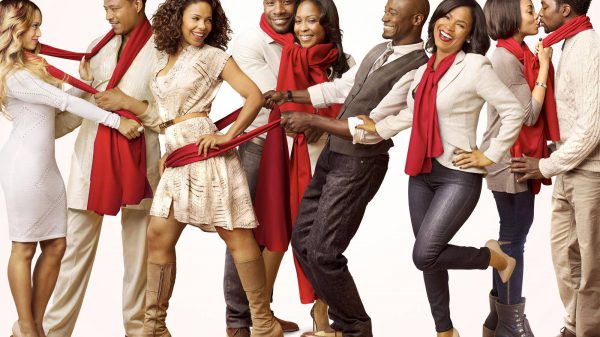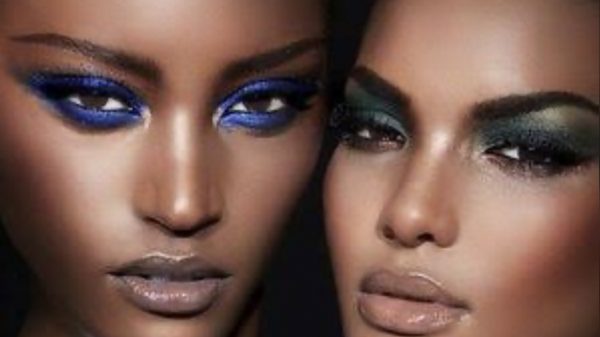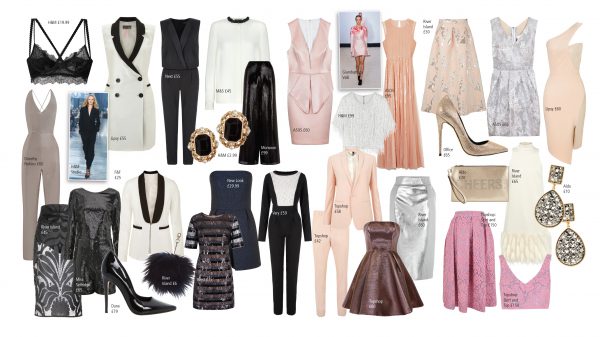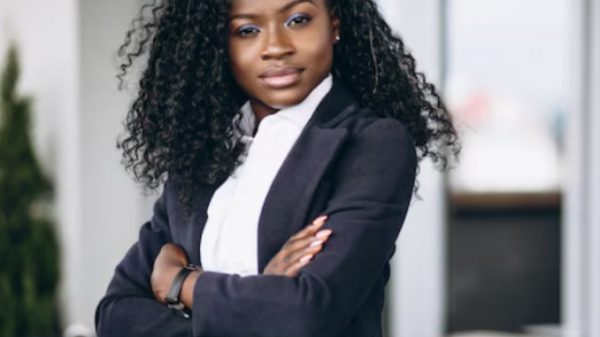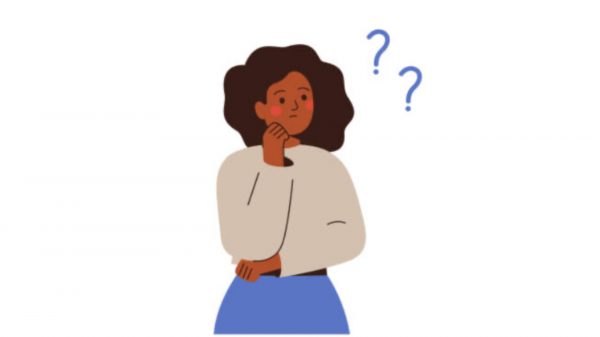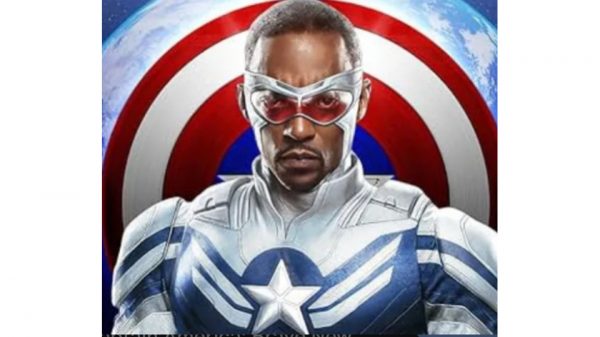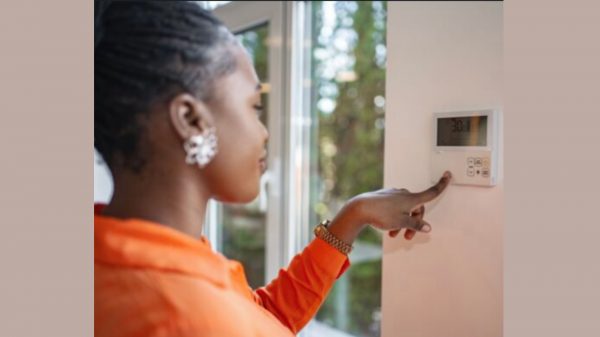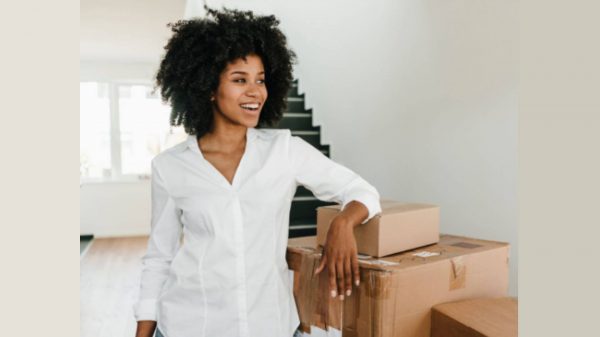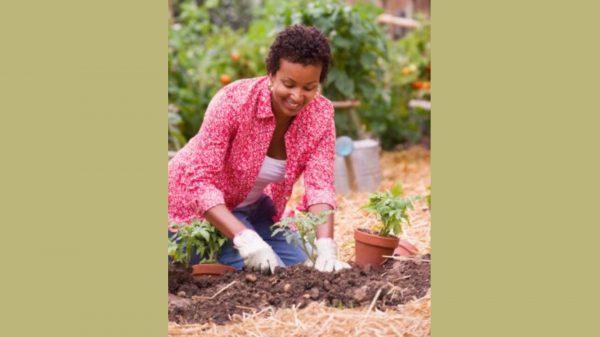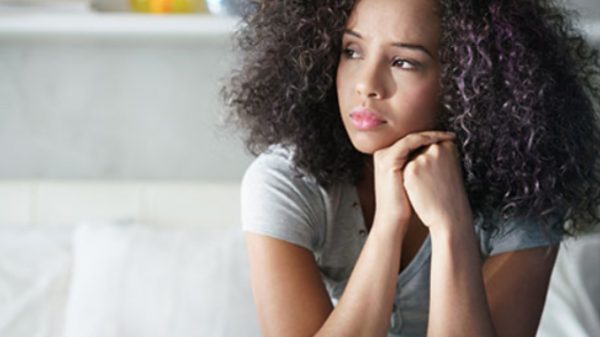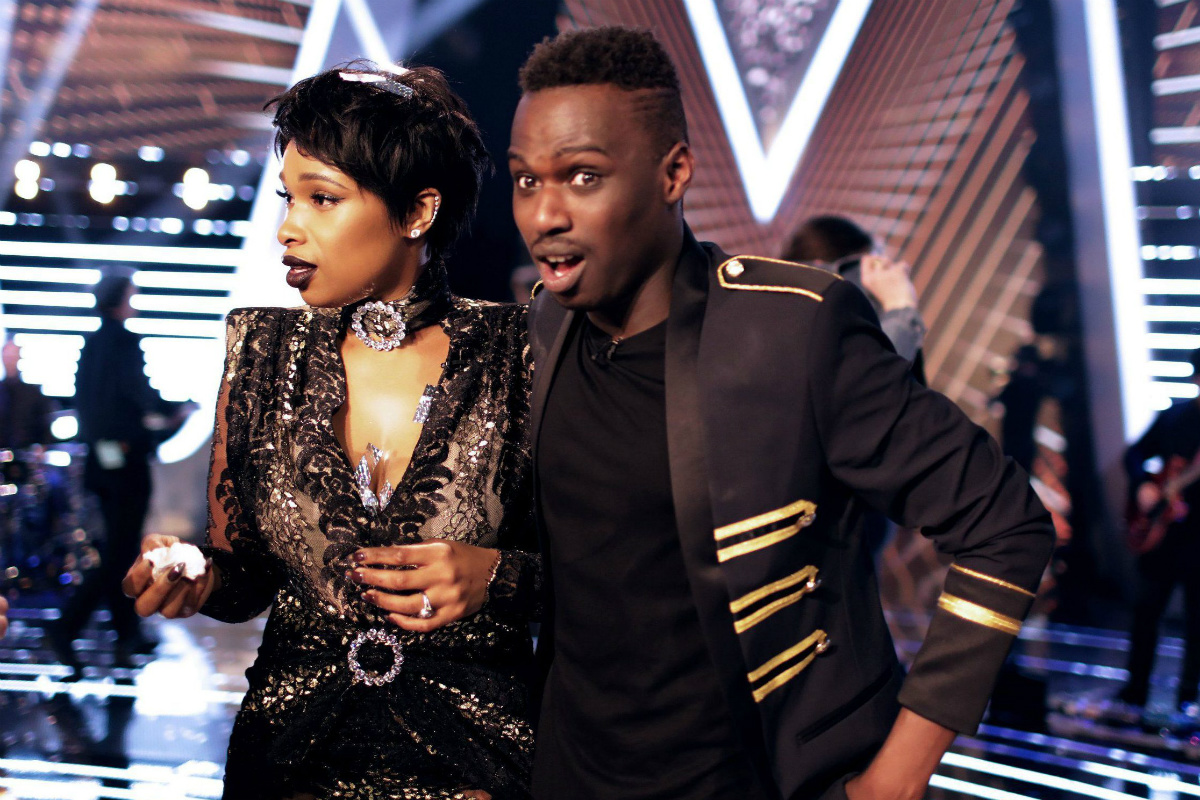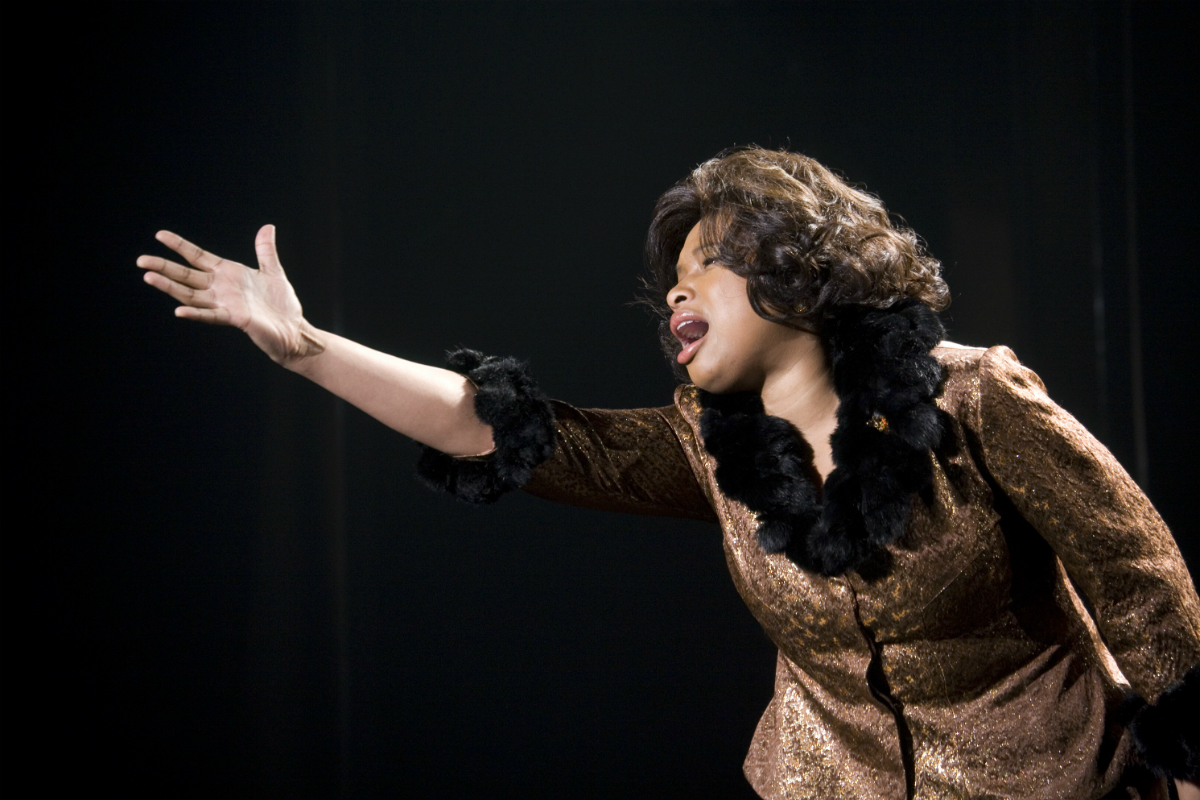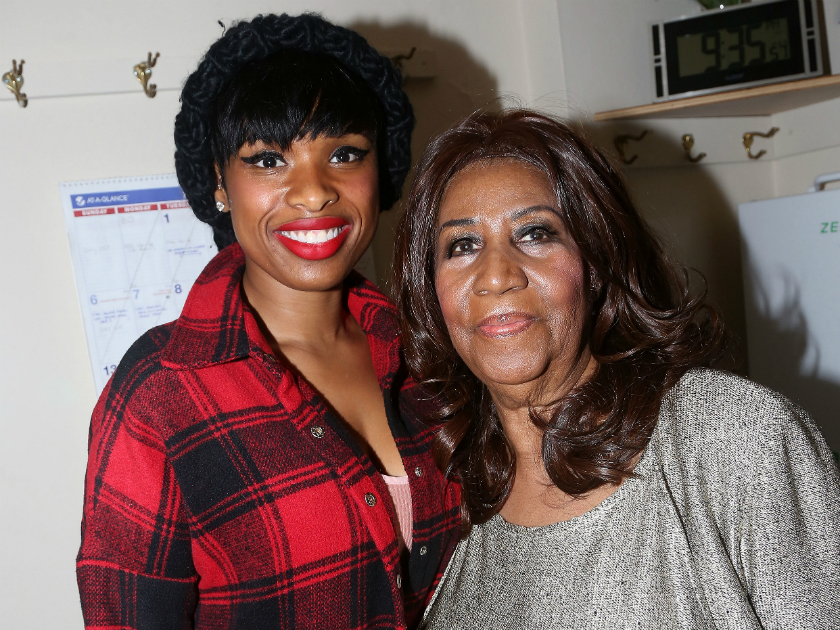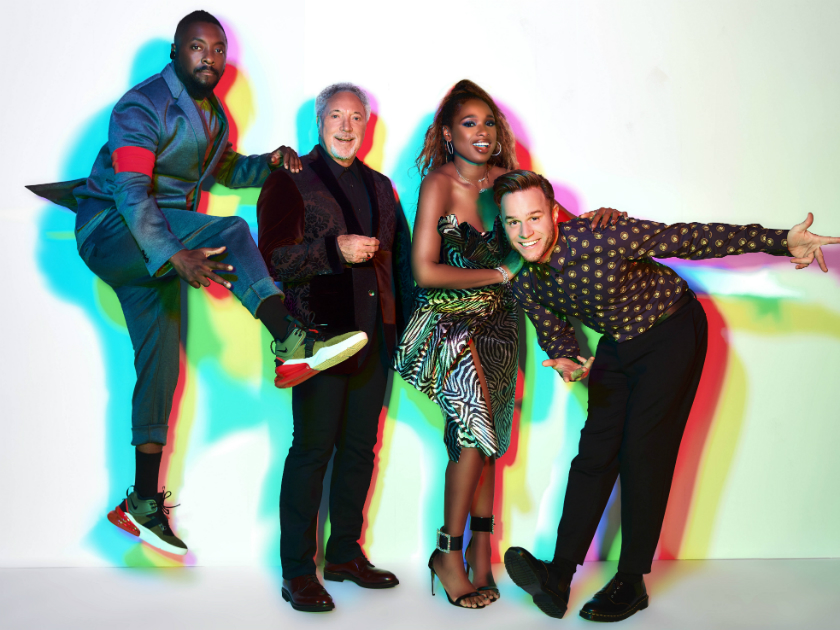The singer and actress opens up about returning to The Voice UK, her special connection with Aretha Franklin and the lasting legacy of Dreamgirls
When it comes to music nowadays, there are people who sing, and there are singers; Jennifer Hudson is undoubtedly in the latter category.
Since she first came to public prominence as a contestant on American Idol in 2004, Jennifer Hudson’s voice has been one that stops even the most casual of music appreciators in their tracks. Soulful and strong, her vocal talents are truly something special, and made her an immediate Idol favourite. She eventually placed seventh, and her relatively early elimination from the show resulted in much public criticism.
It wasn’t until 2006, however, until Hudson had her true breakthrough moment in the musical film adaptation of Dreamgirls. As Effie White, she performed its signature number, ‘And I Am Telling You’, in a scene that still brings chills to its viewers, and helped score her awards such as a Golden Globe, a Bafta, and the Academy Award for Best Supporting Actress in 2007. Incredibly, she hadn’t acted prior to Dreamgirls – yet it was the start of an incredible new career path that has helped make her a household name the world over.
From films such as Sex And The City and Spike Lee’s Chi-Raq, to a special televised performance of musical Hairspray, to guest roles on Empire, Hudson has racked up the acting credits to great acclaim. In late 2015, she made her Broadway debut playing Shug Avery in The Color Purple, a run that ended up winning the Tony for ‘Best Revival of a Musical’, as well as scoring Jennifer her second career Grammy for ‘Best Musical Theater Album’. Soon, she’ll be starring in the leading role of Grizabella in the film adaptation of Andrew Lloyd Webber’s Cats alongside the likes of Taylor Swift, James Corden and Idris Elba.
Simply put, she’s a living testament to what natural talent, plus the exposure and the training received in a televised singing competition, can do. Hence, she’s in the perfect position to impart wisdom upon those hoping to make their own way in the music industry; this January, she returns to The Voice UK for her third season as a contestant coach. Hudson became the first female coach to win The Voice UK in 2017 with her mentee, Mo Adeniran, and made the finals with her opera singing group Belle Voci in 2018. As well as serving on the American version of the show, Hudson’s back on the panel alongside Olly Murs, will.i.am and reigning winner Tom Jones, ready to uncover some more talent, and to reclaim her crown.
Posing itself as a show that’s focused on finding talent, regardless of the outer package, The Voice’s main point of difference is the Blind Auditions element: contestants audition with the coaches facing away from them, and only progress if a coach chooses to turn around for them, based purely on the quality of their voice. Watching the programme, you can see how deeply Hudson cares about opening up people’s talents, and showcasing them in the best way possible. Rather than being worried about having anyone take her spot, Jennifer Hudson wants a world with as much beautiful music as possible. Besides, she has nothing to worry about – not just anyone could get the seal of approval from Aretha Franklin to play her in a movie about her life, after all.
Passionate and focused, Jennifer Hudson opened up to Pride about her deep, and life-long love for music, the lasting legacy of Dreamgirls, and just what it feels like to be considered amongst the greats.
As a coach on both the UK and US versions of The Voice, there’s clearly something about the show that clicks for you. What is it that you like so much about The Voice?
Jennifer Hudson: I love the positive tone about it. Even the fact that it’s ‘coaches’, not ‘judges’ – they’re there to uplift the contestants, and support them. There’s a family type of vibe and I feel it’s surrounded in positivity. And, I really enjoy the process, being able to work with the contestants, one on one, hands on. I can’t say that I’ve had that experience, when I came along. I think it’s a goal for the contestants to get the knowledge and information and experience they get from being on a show like this.
It’s easy to tell how much you relish helping the contestants of The Voice – you take your time with critiques and really encourage people to progress their talents. Why?
JH: It’s a passion of mine. I enjoy helping talent, being around talent, growing talent just as much as I enjoy singing. I feel like music is mine, y’know what I mean? Any contribution to music is a treat, for a music lover. If I can help somebody else, and give them the platform they need – because some of the contestants are just as good as the coaches! I like being able to help them live their dreams. That’s the perfect thing for me. I love to be around talent, and you really get to see me naturally react. Even after sitting in the chair, and listening to people singing in the Blinds for six, or eight hours straight, I’m going back to my trailer and listening to more music there. I’m a music girl.
Do people underestimate singing competitions?
JH: You know what? I do. Even people who are looking to get into the industry, and I’m like “Have you considered The Voice, or a singing competition?” and they say no… but then when you’re in the process, the people who do get eliminated, it’s still a plus. You’re gonna walk away with a whole lot more than what you came in with, and it’ll catapult you in some way. Sometimes people’s minds are only on winning, but I feel like there’s so much more to it than just that, and that’s the beauty of The Voice. I’m speaking as a person that’s been in this position before; it’s so invaluable. You get to understand what the audition process is like, and learn what people are looking for in auditions.
What’s a major difference to the world of singing competitions from your time on it then, to now?
JH: Hmm… The Voice, the way it’s designed, has a similar result. Obviously, there’s more of [the competitions] now than there was before, several different versions of these shows that are just getting recycled over and over again, so the longevity of these contestants, to be able to capitalise on their experience, is shorter lived than it was for us back then.
“I wanna be 80 years old, still doing this.”
What would you say is key to having longevity in the business?
JH: You gotta love it. It sounds simple, but if you don’t love it, you will not make it. You can have all the talent in the world, but you have to love it, and be passionate about it, because it’s very tedious, very time-consuming and it takes a lot of work, if you want to sustain, and be around for a long time. I want to be 80 years old, still doing this. You cannot make it unless you truly want it, and you truly love it.
Do you think black female artists are given as many opportunities to thrive in R&B, as others?
JH: I feel that it’s up to anyone to develop themselves. As far as the platform, and opportunities are concerned, that may not be the same, and in anything you have to do extra work to be acknowledged, so it can be a little bit more harder for us, than anyone else. But that’s something you have to be willing to face if you really want it – no matter who it is, and what colour you are. If you have a dream, you should never allow anyone to stop or shortchange you from it.
Though you’ve been a part of countless projects, Dreamgirls is, for most, where they know you best. Does the film and the experience still mean a lot to you now?
JH: Obviously – because for that, I wouldn’t be here! It’s the thing that shaped everything for me; it helped me to be able to live my dreams. From that one experience, I’m still here, to this day. And thinking back then, when I was doing it, I had no idea what it would do for my career. But I’m grateful for that experience and that opportunity, because it’s a huge reason for why I’m here. When people still talk about Dreamgirls, I’m like, “Wow. Wow!” Sometimes when you create something like that you don’t realise the magic you’ve created. Years later, people are still touched by it.
What’s your personal process for making songs?
JH: As far as lyrically, there has to be something I want to say. I’m not the type to say, “Give me a subject and I’ll write about it”; it has to be something I want to convey and express and it’ll come right out – or it’ll be an emotion, like my song ‘Moan’ off my JHUD album; it was a dedication to my mom. My mother used to always say that if something hurts, if you moan, it’ll make you feel better – so that’s where the song came from.
Last year, it was confirmed that you’d been handpicked to play Aretha Franklin in her biopic – what a perfect match! How did getting this role come about?
JH: Aretha and I, God rest her soul, we actually started talking about me portraying her a month or two after I won my Oscar for Dreamgirls. We’d been talking about this for so many years, and to see it manifesting now, it’s like, “Wow, it actually came to be.” I just want to honour her memory in the best way possible, in the way that she’d be proud, and pleased. It blows my mind to know that it’s actually happening, and for me, after Dreamgirls, when people asked what my dream role after that would be, the only thing that could parallel, or even top it, would be to play Aretha Franklin. To know that it is actually happening, with her blessing, is like, “Wow. It’s here.”
What does it feel like to be considered amongst the ‘Greats’, after looking up to them from a young age?
JH: First of all, it’s something I’d never take lightly. It’s not something you’d ever get used to. But I think nothing could make it more realistic or believable about being considered in the same breath as the greats, Barbra Streisand, Aretha Franklin, Whitney Houston, and many others – but the fact that they all basically have said “Jennifer, it’s you – I turn my trust to you,” or to have Aretha say, “Get Jennifer to play me.” It’s like, “Wait a minute; what do they see in me?” Barry Manilow, when I was eliminated from American Idol, said: “She’s the one, this young lady right here.” To know even early on, that they were picking me out of the pot… Nothing establishes, or solidifies it more than that, and it is something that I gotta get used to. I really can’t put it into words.
Was there ever a different path in store for you, other than performing?
JH: Well, I always wanted to be a singer. When I was about 17, I did have a ‘real job’, which was working at Burger King, and I said that I’d make my living using my gift and doing what I love. That’s my definition of a career. As a kid, I always said that if my musical career didn’t work out, I wanted to be a tattoo artist, because I wanted to use my art skills in some way. Maybe, a makeup artist… But it all worked out. I don’t have any tattoos though; my sister’s the tattoo girl.
Was there a specific moment you knew you had something special?
JH: I grew up around nothing but singers in my family, and in this family, if you don’t sing, you’re not in the family! [She laughs.] I was born into it. It was more so a reaction from others when I did sing that made me realise: “Maybe I am different. Maybe I do have something special.” Even as a young kid, I’d hear: “This lil’ girl sounds like a grown woman,” and in church, or high school they’d be like: “Make her sing the solo.” Those were the things that made me realise that I had something different.
And finally, moving into 2019, what is something you were thankful for over the course of 2018?
JH: I think it’s been allowing myself more freedom… freedom to just ‘be’. More self-care, more considering [of] myself. Learning when to say no, learning to speak up for myself more, and knowing that it’s okay to just breathe. I’m the kind of person that goes from one thing to the next. Being an actress, and a celebrity, and a singer, there are so many things that are required of you all the time. They want you to dress a certain way, to go a certain place, and say certain things. No – there needs to be a moment where I get to breathe and I do what I want to do. That’s what I mean; exercising being me. Like “Nah, I’ma be Jennifer today, y’all go sit down!” [She laughs.]
The Voice UK airs on Saturday evenings on ITV










